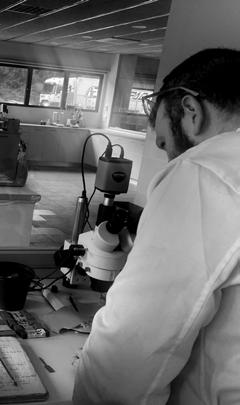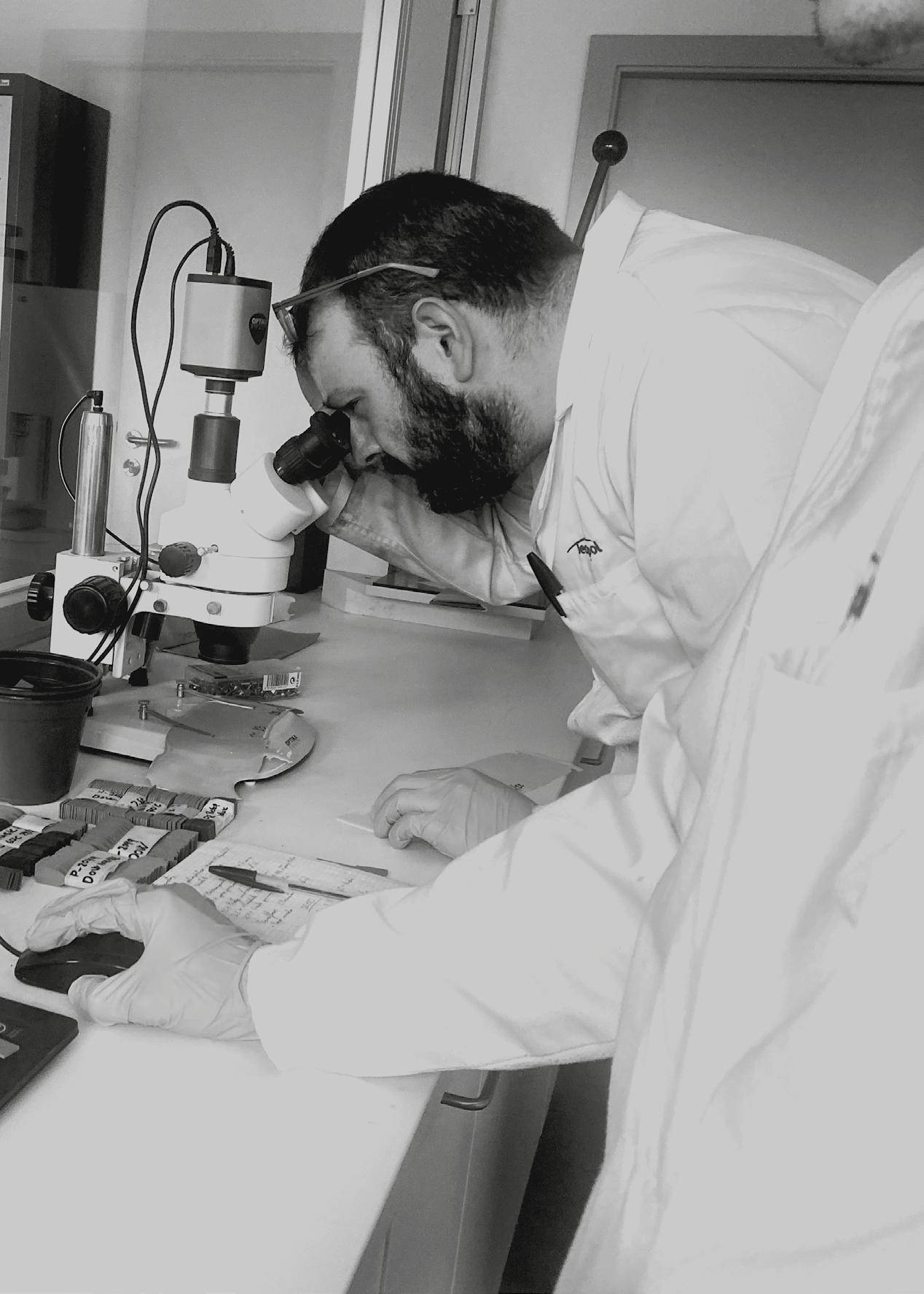
6 minute read
JESÚS LUQUE, QUALITY MANAGER OF TECNOPOL
Jesús Luque is the current head of Tecnopol's quality system. With more than 10 years of experience in the sector, Jesús is an expert in quality management and has been instrumental in Tecnopol obtaining ISO 9001 certification.
As the person responsible for the quality system, Jesús is in charge of supervising and guaranteeing the correct application of the processes and procedures necessary to ensure the quality of the products and services offered by Tecnopol.
Advertisement
His experience and knowledge in the area of quality have been key to obtaining ISO 9001 certification, a globally recognised standard that guarantees the quality of a company's processes and products.
In this interview, Jesús talks about his experience in the sector and the importance of quality management at Tecnopol.
What is your job as Quality Manager?
Making a quick summary, we could say that it mainly consists of implementing a quality management system and ensuring its compliance through a continuous improvement system.
How important do you consider a quality management system to be in an organization? What advantages does it bring?
I believe that a quality management system is crucial in any organization that seeks to improve the efficiency of its processes, products, and services. These systems provide a solid foundation for planning, implementing, controlling, and continuously improving quality in all aspects of the organization.
The advantages offered by these types of systems can be summarized mainly in the following four points:
Improved customer satisfaction: By focusing on customer satisfaction, it helps the organization meet and exceed its customers' expectations.
Enhanced process efficiency: A quality management system enables the identification and elimination of inefficiencies, reducing errors, and streamlining processes
Increased productivity: By standardizing and optimizing processes, a quality management system promotes increased productivity, allowing the organization to deliver products and services more efficiently.
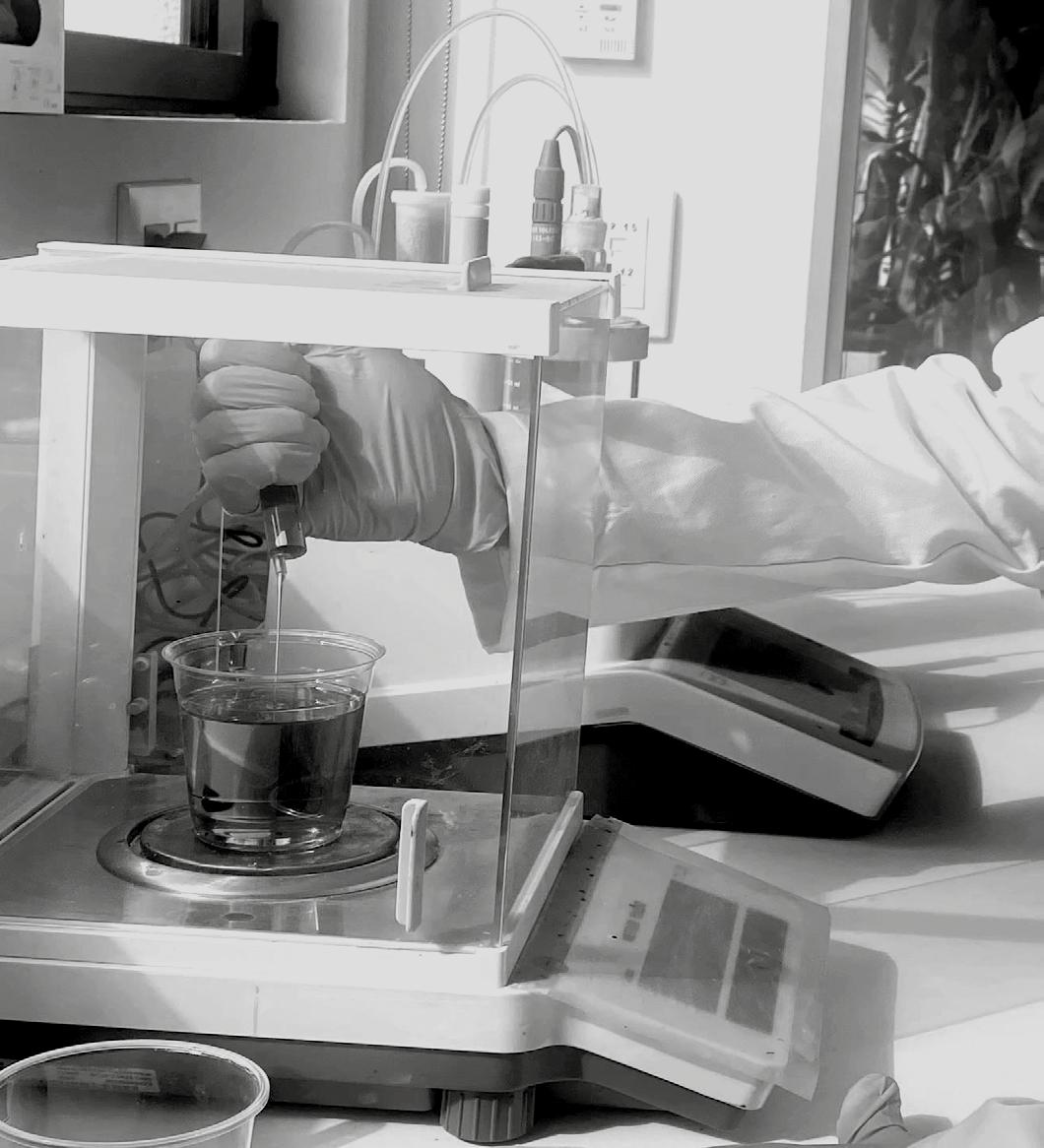
What are the main challenges you face in maintaining high quality standards in the company?

It is certainly not easy to maintain high quality standards. Obtaining and, above all, maintaining a quality system is hard work and costly, both in terms of time and resources. If we go into the challenges we could say that they are mainly:

Resistance to change: often, the changes necessary to improve quality can be perceived as threats by some members of the organisation. It is important to overcome this resistance to change and ensure that all members of the organisation are committed and willing to implement the necessary changes to improve quality. As mentioned above, maintaining high quality standards can require considerable resources, such as time, trained staff and advanced technology.
If the organisation does not have sufficient resources to support the quality management system, it may not be able to maintain high quality standards in the long term.
Finally, a challenge that has proven to be of vital importance in recent years are the changes in market demand and expectations that force the organisation to constantly adapt its processes and products/ services to maintain high quality standards. This may require a rapid response capability and constant attention to market trends and needs.
Tecnopol has recently obtained ISO9001, what has been your role in obtaining this certification?
My role in the process has been mainly that of coordination and project management of the implementation of the quality management system. I have worked together with colleagues from both Tecnopol and the quality departments of Mapei Corporate and Spain. I would like to take this opportunity once again to thank the whole team for their work. Without their efforts, it would not have been possible to obtain the ISO accreditation with such an important certifying company as Certiquality. I am very happy and proud of the work we have done together.
How have you developed these skills in your professional career?
Having been involved in this implementation process, in my opinion it is important that the quality manager has a strong knowledge of the company or system in which he/she wants to implement the management system. If we were talking about skills in a general way, I would say that technical knowledge and analytical skills are essential to identify possible problems and opportunities for improvement. Likewise, skills related to communication, leadership and problem solving are quite important skills as well. As I mentioned earlier in the challenges of the system, resistance to change and team involvement is vital for a successful implementation of the system, so good leadership and especially communication skills help to overcome these difficulties.
How do you foster a culture of quality throughout the organisation and what strategies do you employ to ensure that all employees understand the importance of quality and are committed to the company's standards?
Primarily by clearly communicating the importance of quality: It is essential that all employees understand the importance of quality and how their work affects the overall quality of the company. Clear and effective communication is essential to ensure that all employees are aligned with the organisation's quality objectives.
Providing training in quality skills and techniques can help employees understand how their actions affect the overall quality of the organisation.
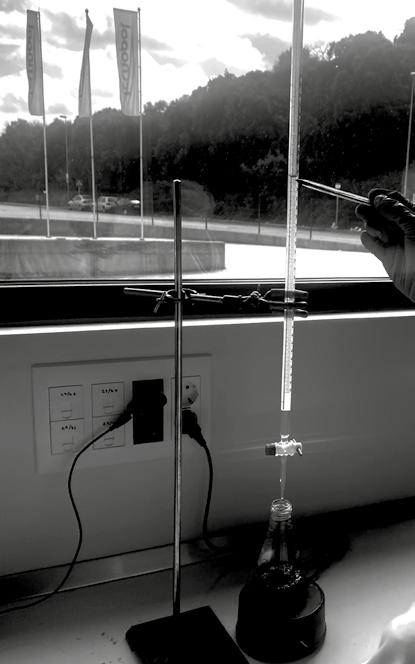
Continuous training and development is essential to keep employees up-to-date and motivated in quality improvement and is the best way to involve employees in their own quality improvement.
Finally, it is essential to set clear and measurable goals; this helps employees to understand the organisation's quality objectives and how their work contributes to achieving them. Once the goals have been achieved, quality achievements should be recognised and rewarded. Positive feedback is essential to keep employees motivated and committed to quality improvement.
What methodologies or tools do you use to assess and improve the quality of the company's products or services? How do you identify and address areas for improvement?
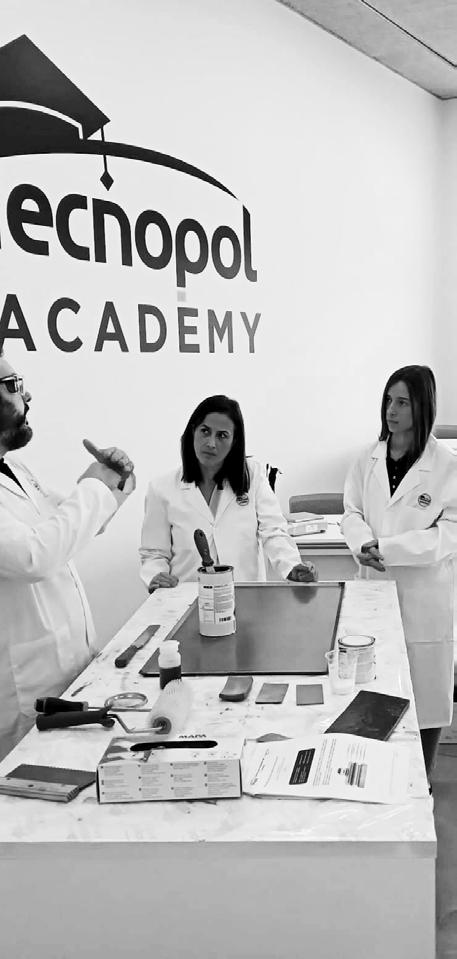
There are various methodologies and tools that can be used to evaluate and improve a company's services. They range from internal audits, data analysis or external feedback from customer satisfaction surveys.
In this sense, this year we are aiming to launch a new customer satisfaction survey for our customers as well as other means to evaluate and study the results in order to obtain a better overall picture and find possible points for improvement.
Normally, once the points of improvement have been established, we always work on each one of them as an independent project, always following the same four points: Analyse the data, set objectives, develop the action plan and finally a follow-up and final evaluation. This system is applicable to practically any project, not only for improvement actions.
You have been with Tecnopol for more than 6 years, in terms of quality, how do you consider that the company has evolved over this time in terms of quality?
Since I started working at Tecnopol there has been a huge change in this respect.
When I started, quality control and management were very basic. The quality policy was not implanted in the roots of the company. If there is one thing I can say that I am proud of, it is that we have gradually created a greater awareness of the importance of quality in the company. We have implemented new strategies and practices to improve quality, such as conducting internal and external audits, adopting best practices and quality standards. This has all concluded in obtaining the ISO 9001 certification.
What challenges do you foresee for the future in terms of quality in the industry where Tecnopol is located? How do you plan to face these challenges?
In terms of quality in the chemical industry, the future is going to be really challenging.
What I think is going to be the main challenge is the increasing demand for more sustainable and environmentally friendly chemical products. This year, for example, new legislation and restrictions on disocyanate formulations come into force, forcing us all to modify our formulations to comply with the new European policies. This is linked to what I believe will be the next big challenge, which is the need to comply with increasingly strict regulations and standards in terms of safety, health and the environment. And of course we cannot fail to mention globalisation of competition and increased pressure on finished product prices.

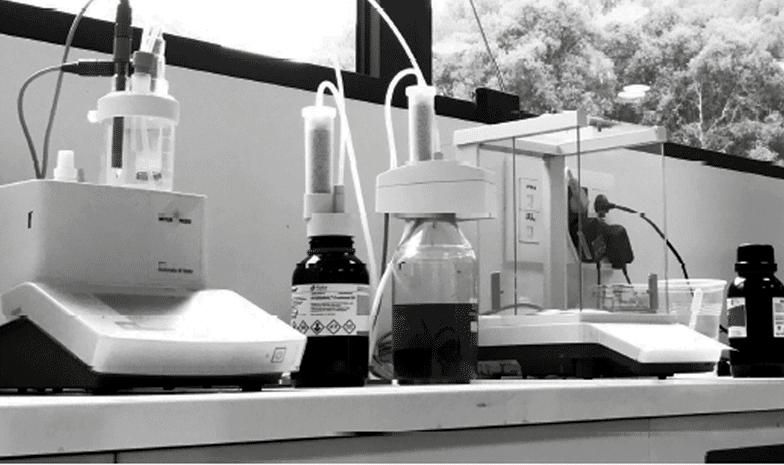
The enormous global uncertainty has made everything surrounding global sales much more difficult.
Finally, a challenge that I believe is more of an opportunity is the very rapid evolution of technology and the need to adapt to this evolution. The emergence of AI on the global scene can be a great tool for management from R&D to quality management.
Finally, a challenge that I believe is more of an opportunity is the very rapid evolution of technology and the need to adapt to this evolution. The emergence of AI on the global scene can be a great tool for management from R&D to quality management. To face future challenges in the chemical industry, we must continue to work in terms of excellence as we have done so far.
That is to say, working in terms of quality, it is essential to develop a comprehensive strategy that fosters continuous improvement, risk management, innovation, training and collaboration.
